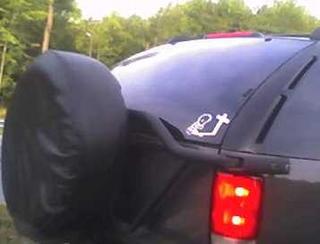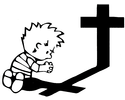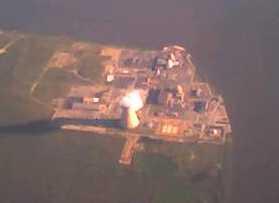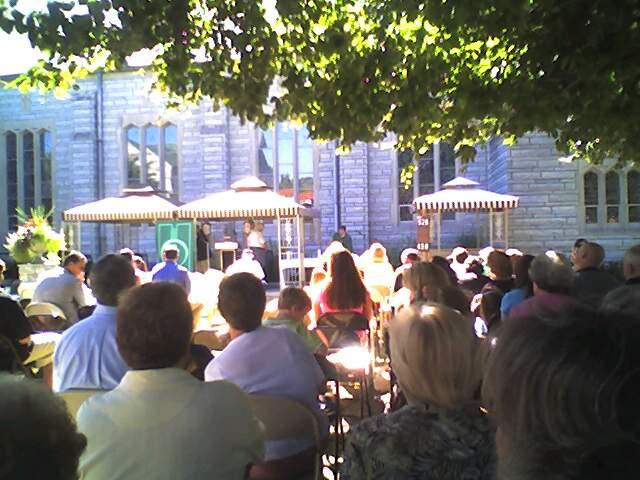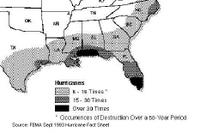Sometimes it doesn't occur to me that anyone is actually reading The Honest Hypocrite, so I was pleasantly surprised to get some feedback on my discussion of Hurricane Katrina's victims.
Whirdly pointed out that the bad news about unpreparedness coming out of the Hurricane Katrina stories has been focused on "the institution's, foundation's and government's handling of the situation, not the contributions of individuals." I have heard many stories about the positive contributions and courage of individuals in this crisis. I had said earlier that the best of America was individuals finding a way to help other in need and anonymous said that the "best of America should be the institutions, foundations and government." My response is simply that when you look at our institutions, foundations and government you should see yourself staring back. Their failures are our failures because we are the ones that pick and make them. If we are to be a country with a government "of the people, by the people, for the people" then it is our personal responsibility to make good institutions, foundations and government.
The hierarchy of how to get things done in the United States has been and should remain - firstly individuals and individual action, then local governments (civic associations, school boards, town, village, city, county), then state government and then the federal government. Each one taking on what they can, especially based on the scale of the task. Too often we expect the federal government to be right there addressing issues that are best handled on a more local scale. Even with a multi-state disaster like Katrina, the solution should start bottom up not top down. Maybe that is one of the lessons of Katrina, helping individuals to help themselves during a disaster and not waiting for outside help that might not be as dependable. There will be much opportunity to exercise our twenty-twenty hindsight the focus now should be on ameliorating the disaster and helping the victims who need help.
Barak Obama gave a terrific speech so long ago at the Democratic National Convention where he talked about balancing the role of government and the responsibilities of citizens to each other. Leaving aside the politics of it, this balance is part of the shock we experience when we see Americans in tragedy and our desire to help vs. the true and healthy role of government.
He said -
"If there is a child on the south side of Chicago who can't read, that matters to me, even if it'’s not my child. If there'’s a senior citizen somewhere who can'’t pay for their prescription drugs, and has to choose between medicine and the rent, that makes my life poorer, even if it'’s not my grandparent. If there'’s an Arab American family being rounded up without benefit of an attorney or due process, that threatens my civil liberties.
It is that fundamental belief, it is that fundamental belief, I am my brother'’s keeper, I am my sister'’s keeper that makes this country work. It'’s what allows us to pursue our individual dreams and yet still come together as one American family."
but he also said about the people he met -
"they don'’t expect government to solve all their problems. They know they have to work hard to get ahead -— and they want to."
This is the abiding paradox in America, thrown into stark contrast by this natural disaster, a tragedy we want someone to fix and blame focused on the national government, but the plain fact that individuals must take responsibility as well. When the levee isn't improved it is all of our problem, when the funding is dropped for disaster recovery vs. national defense we must all engage in the discourse about our priorities. In a democracy the state is acting out your will.
